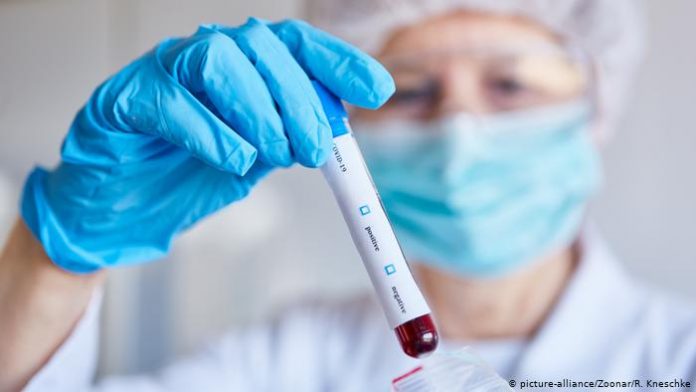
PEOPLE INFECTED WITH the coronavirus could remain immune for years after their recovery, a new study suggests, offering news that could quell worries about waning immunity as potential vaccines are nearing availability.
Scientists at the La Jolla Institute of Immunology in California found that eight months after participants had been infected with COVID-19, they still had high enough immune cells to fight off the virus and prevent another round of infection. That slow rate of decline in the short term indicates that immunity may remain for years.
“That amount of memory would likely prevent the vast majority of people from getting hospitalized disease, severe disease, for many years,” Shane Crotty, a virologist at the La Jolla Institute of Immunology who co-led the new study, told The New York Times.
The research has been posted online, but it has not been peer reviewed or published in a scientific journal. However, it is said to be the most comprehensive and longitudinal study of COVID-19 immunity thus far.
While there are multiple vaccines against the coronavirus being studied, with two showing efficacy of preventing the virus of at least 90%, scientists have questioned how long the public would remain immune and if repeat vaccines would be necessary in order to keep the pandemic in check.
The research studied 185 COVID-19 cases, including 41 cases in people who had been infected six or more months prior. A small number of recovered participants did not have long-lasting immunity.
The findings are consistent with a similar study that showed immunity in people for at least three months and another that showed immunity in people even when antibodies weren’t detectable. Additionally, survivors of SARS-CoV, the coronavirus that causes severe acute respiratory syndrome, still have immune cells 17 years after recovering, the Times reported.































